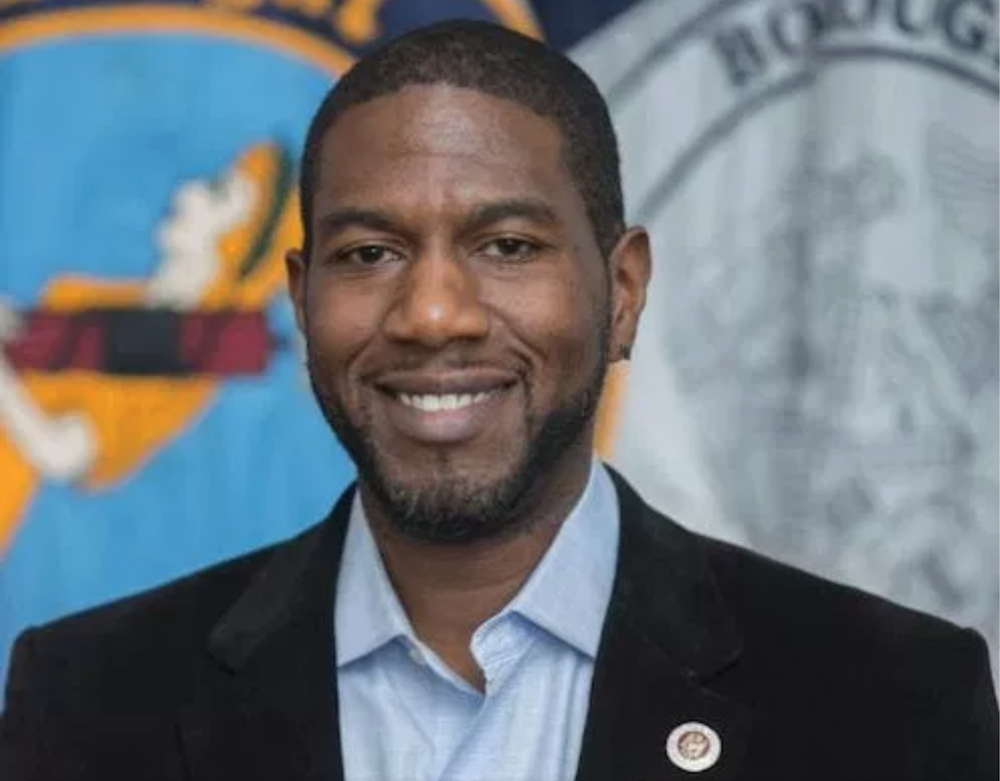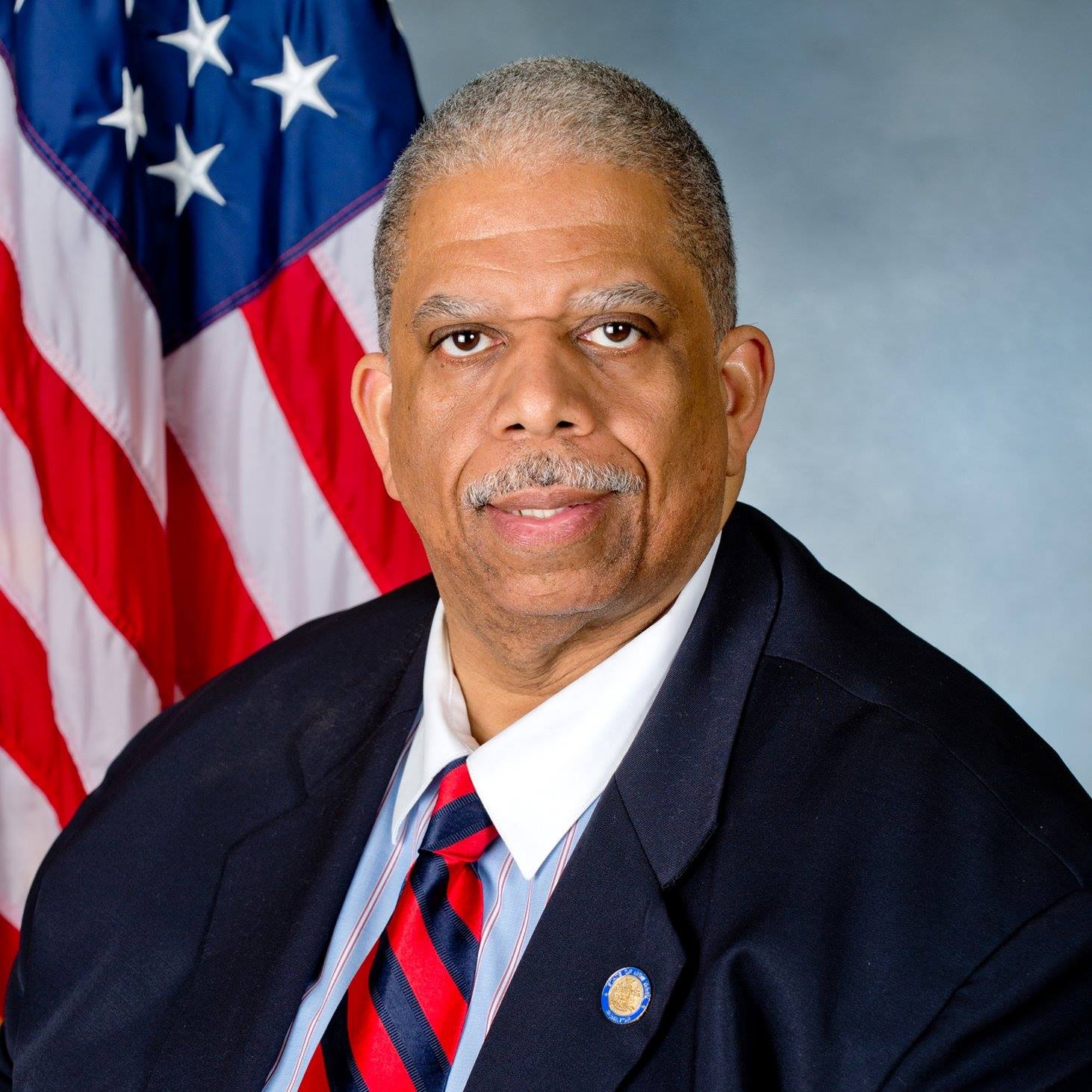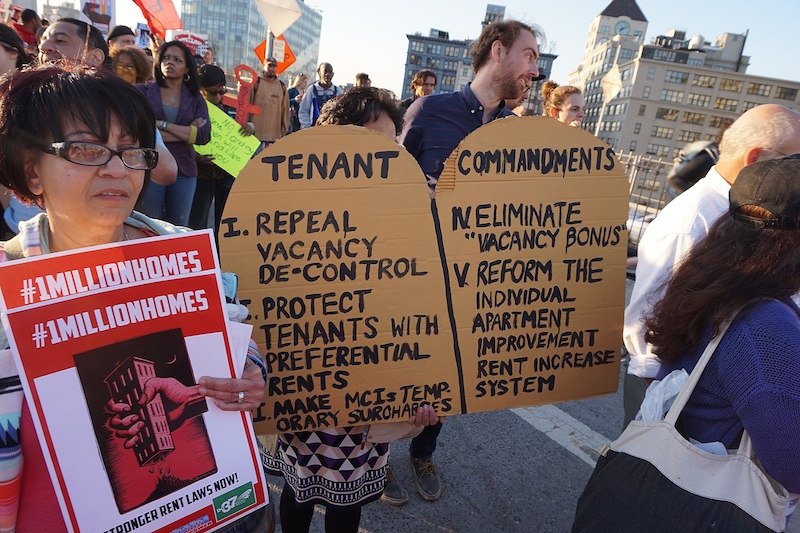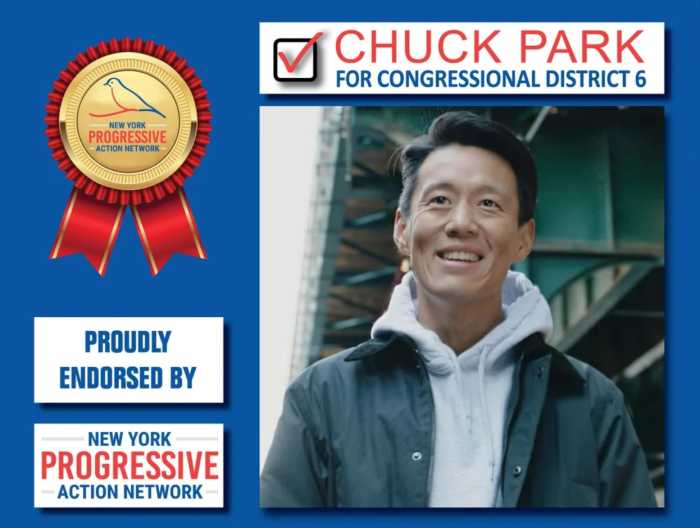As the clock ticks on New York’s rent stabilization laws, temperatures are flaring between lawmakers of a bill package that will lead to reform in the market, but landlords and their contractors are afraid of the impact the new legislation could have on their livelihood.
Despite the tension, Senate Majority Leader Andrea Stewart-Cousins (D-Westchester) and Assembly Speaker Carl Heastie (D-The Bronx) are not backing down on pushing forward on some of the toughest tenant protection bills the Big Apple has ever seen, according to a joint statement.
“The Senate and Assembly together are ready to work with the governor to deliver the strongest rent package ever to meet the needs of tenants across the State of New York,” said the joint statement on Wednesday.

Since that announcement on June 5, Public Advocate Jumaane Williams was arrested in Albany during a HousingJustice4All protest outside Gov. Andrew Cuomo’s office.
Opponents of the bill package include the Real Estate Board of New York, 32BJ SEIU, Small Property Owners-NY Inc., the Rent Stabilization Association, Community Housing Improvement NYC and Taxpayers for an Affordable NY.
“We support responsible rent reforms and will make sure lawmakers continue to hear from the owners, contractors, doormen, supers and other building workers whose livelihoods rely on the right balance of rent regulation,” according to a spokesman for Taxpayers for an Affordable NY.
A Responsible Rent Reform Fact Sheet that was approved by the aforementioned opponents, except for 32BJ, blamed taxes and fuel for the need to increase rent.
However, fuel prices in America have been going down since mid-May and landlords have been some of the biggest beneficiaries of President Donald Trump’s tax cuts, according to globalpetrolprices.com and NOLO, a legal website.
These opponents to the bill also blame the aging housing stock for what they call necessary rent increases, according to Taxpayers for an Affordable NY. Over 160,000 rental units were built before 1947 and after 1974 in Queens alone.
Without the increases, the opponents to the bill believe that small contractors who fix the buildings, small landowners who aren’t bad actors, supers and other employees of landlords will lose their jobs.

State Sen. Leroy Comrie (D-St. Albans), one of the lawmakers who previously hasn’t signed on to all of the bills in consideration of the small contractors has refused to comment on the bill package forward trajectory in the state Legislature.
Other lawmakers in Queens have been openly supportive of all nine bills.
“We aren’t saying that buildings shouldn’t be repaired by any means,” said Assemblyman Brian Barnwell (D-Maspeth). ” Contractors will still have jobs and still have work. We are just saying landlords shouldn’t be paid TWICE for that work. Landlords will still be required to repair their buildings, and will still have to hire workers to construct/repair these buildings. Landlords saying they will let buildings fall into disrepair and not hire workers is a scare tactic, and if they don’t repair their buildings, they would be violating the law.”


Assemblyman Daniel Rosenthal (D-Flushing) agrees.
“New York City is becoming increasingly unaffordable for our working class residents. We have let many tenant protection measures fall to the wayside in recent years, and it is our families that suffer as a result,” said Rosenthal. “As average rents in Queens rise above $2,200 per month, I am proud to support this legislative package that would enact the toughest tenant protection bills this state has ever seen. While these bills do not tackle the entirety of our complex housing crisis, this is a strong sign of New York’s commitment to protecting our working families.”
Assemblyman David Weprin (D-Fresh Meadows) supports the bill package but is willing to hear the contractors concerns.

“I know that a lot of businesses are concerned of the potential, but at the same time there has been a lot of abuse by unscrupulous landlords over the years,” said Weprin. “There are going to be major changes that lean in favor of tenants and if there are changes that need to be made it could be changed at a later date. ”
State Sen. John Liu (D-Bayside), the former city comptroller, suggested that the bills would not cost small contractors their jobs, but it could increase the amount of work they receive.
“The refusal of [Major Capital Improvements] have led to deferred work on the part of the landlords that should have been maintaining their buildings on a regular basis, but instead because of the way the MCIs have been structured, they have the incentive to not continue regular maintenance and let the property fall into disrepair,” said Liu. “If these contractors were doing the proper things, these contractors would be getting work on a regular basis in the first place.”
Liu doesn’t question that New York City is expensive, but over one million rent-regulated apartments would be lost by the end of spring if nothing were done.

“The rent laws are of particular importance because unlike most cities where one-third of the residents are tenants, in New York City nearly two-thirds of the residents are tenants,” said Liu. “We need to help people stay communities, especially when some of these communities have become super expensive and gentrified became attractive because of the residents who were living in these neighborhoods for decades.”
Rent laws have been to in favor of landlords, according to Liu.
“We want to help people stay in New York City,” said Liu. “We are trying to equalize the playing field here.”
The rent laws would abolish MCIs, repeal provisions in individual apartment improvements, prevent landlords from revoking preferential rent, protect tenants from 20 percent rent increases, require the Department of Housing and Community Renewal to cap rent increases and repeal Provisions of New York State and New York City statutes that remove apartments from rent stabilization.
The rent laws will expire in nine days on June 15.








